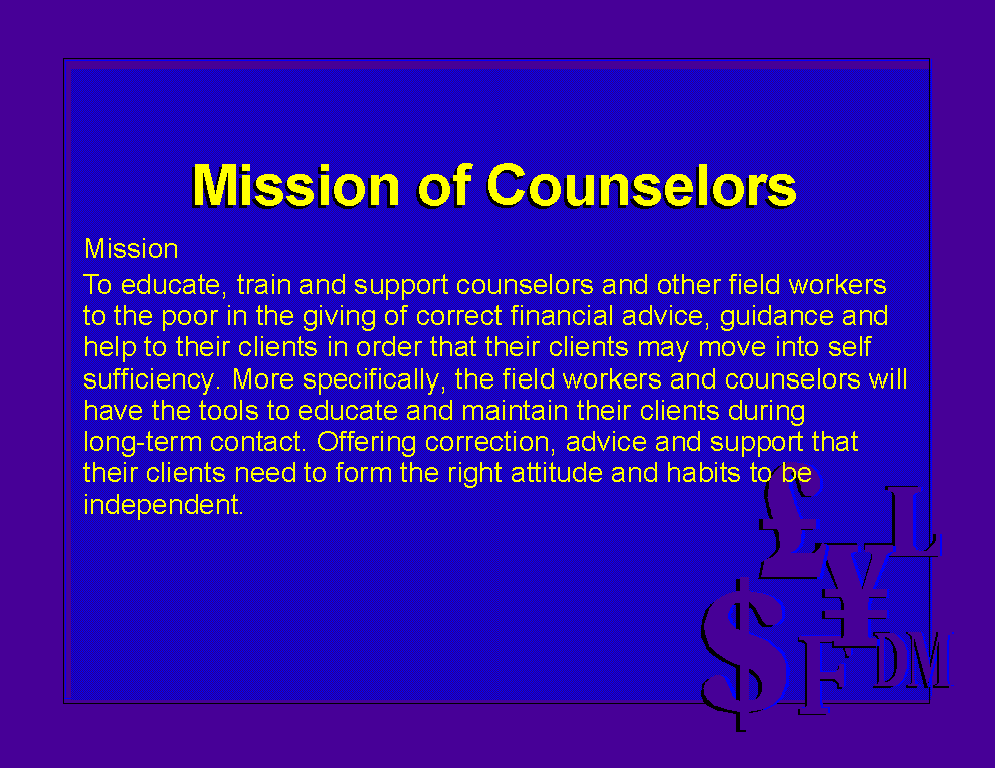16. What is the CarefulGiving Mission?

Below is an article sarcastically naming poverty tourism by Europeans to Africa a form of benefit, poverty therapy:
Mawuna Koutonin On How Poverty Therapy Cures Kids (European Kids Visiting Africa)
Is poverty good for anything? A lot of people think it is. Every year, hundreds of schools in Europe organize trips for kids from underprivileged urban areas to various destinations in Africa. The usual official reason behind the trips is humanitarian activities. But, for schools and parents, ‘poverty therapy’ has become one of the methods that could help fix their troubled, ‘difficult’ teenagers.
What is poverty therapy? Since childhood, Europeans are indoctrinated with the most degrading image of Africa: famine, wars, political instability, disease, inexistent basic infrastructure, dusty roads, etc. That poverty-laden image comes in sharp contrast with how they are taught to perceive their own continent which is presented to them as the ‘Earthly Paradise’ with the best living conditions in the world. Consequently, the essence of poverty therapy is bringing European kids to African countries to show them how primitive and poor people’s lives are outside of Europe, and implicitly make them feel thankful to be born in Europe, a place with the highest quality of life. Such poverty tours often have a huge impact on those who come visit from European countries. Most of the ‘difficult’ kids would improve their behavior, and many would discover new inner strength to get better grades once back home.
The poverty therapy is not limited to just ’native-born’ Europeans practicing it. African families residing in Europe also use the threat to send their kids back to ‘poor’ Africa as a means to pressure them to behave better or do better at school. In 2007, a woman originating from Mali and residing in Paris, France, became worried about her daughter. The girl was underperforming at school and generally misbehaving. One morning, the lady stormed in her daughter’s school and addressed the main supervisor in broken French, informing him that she intends to ship the girl back to Mali to marry some old man who had offered dowry. To aggravate the situation, the lady added that her daughter had not yet been excised, and sending her back was necessary for observing and respecting customs. If the girl is failing school, the mother concluded, there is no reason to continue her education and sustenance in France. The school management became agitated, and the girl in question was in despair. After a lengthy negotiation process, the supervisor convinced the lady to give both the school and the girl a second chance. The scheme worked out. The school provided the daughter with after-class help and special attention, and in less than two years, she was among the best pupils in her class.
Poverty is such a feared calamity that it’s easy to use this fear to cure people sleeping through life. In summary, poverty therapy is the practice of bringing ‘broken’ kids from richer countries to Africa or other ‘poor’ countries to make them realize how fortunate they are to having been born and raised in a well-developed, rich country. It is expected that the ‘poverty tour’ would help the kids amend their attitude to life and behave appropriately. Poverty therapy is also when a person who originally comes from some third-world, poor, underdeveloped country but currently living in a country where the opposite is the case, is threatened to be sent back to their homeland with the expectation to obtain a change of attitude. There is also the opposite of poverty therapy. It’s called ‘West therapy’. For kids from poor countries, it is the prospective of going to live in Europe and the US — a strategy used by schools, NGOs and parents to motivate kids to start acting in a more docile way and fare better academically. The opportunity of traveling abroad and especially visiting countries touted for their advanced lifestyle acts is a strong driving force in the minds of millions of kids around the continent.
Nevertheless, today, the polarization of the world in poor regions and rich regions is slowly fading away. Africans are becoming increasingly confident in the prospects of their continent, and, regardless of challenges, believe their place is at home, not abroad. Furthermore, the growing assertiveness of African people is making them less prone to seeing white people as superior and less inclined to bow before them like in the past. The poverty therapy invented by the West is therefore waning, too. Mawuna Remarque Koutonin is an editor of SiliconAfrica.com and a social activist for Africa Renaissance. Koutonin’s ultimate dream is to open a world-class human potential development school in Africa in 2017. Follow @siliconafrica on Twitter.
Read more: https://www.naij.com/451999-mawuna-koutonin-on-how-poverty-therapy-cures...
The information above shows the divide between an "US" and "them" mentality of the rich and the poor. Society appears to divide itself along fault lines of disability and, sometimes, to make distinctions to keep others subservient. Our mission to help poor people could not be clearer. Most people want to be better if given the chance.

Add new comment